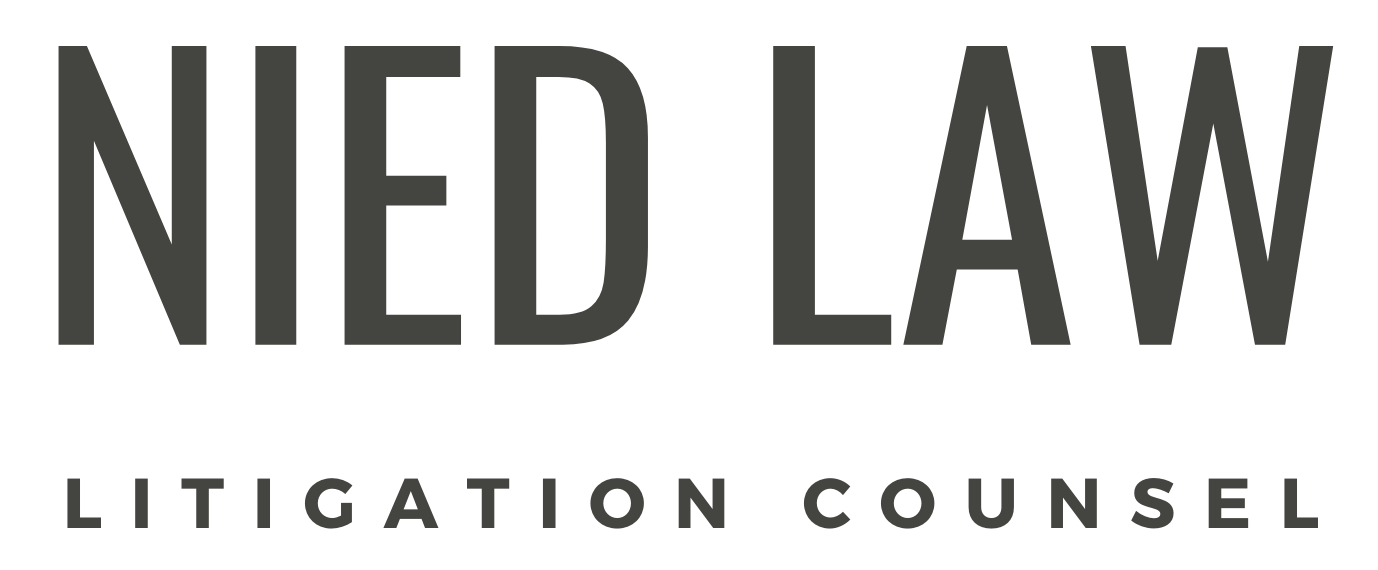A former Canadian model, Liskula Cohen, (the “Plaintiff”) has received an order from Justice Madden of the New York State Supreme Court to force Google, the Defendant, to reveal the identity of an anonymous blogger that defamed the Plaintiff on a blog (see: text of judgement). The blog, called Skanks in NYC (the “Blog”), contained the following allegedly defamatory statements (the “Statements”):
How old is this skank? 40 something? She’s a psychotic, lying, whoring, still going to clubs at her age, skank.
(…)
I would have to say the first-place award for ‘Skankiest in NYC’ would have to go to the Defendent.
The Plaintiff sued Google in an attempt to force Google to reveal the identity of the person that posted the Statements. The Blog was hosted by Google, which initially fought to keep the blogger’s identity a secret. Now that Google has been ordered to unmask the blogger’s identity, the Plaintiff will presumably take further action against the blogger.
This decision has attracted substantial public attention – not only because of the celebrity of the Plaintiff and the extravagance of the Statements – but because of the legal effect that this decision will likely have on increasing the likelihood that bloggers will be held responsible for their defamatory statements.
This case may turn out to be merely a pyrrhic victory for plaintiffs in online defamation cases. This decision creates an incentive for bloggers to input false information when registering for blogs to avoid revealing their identity in the event of legal action. Although Google will still be forced to reveal the IP of bloggers in cases where the name and email address provided by the blogger is false, the evidentiary challenge of linking an IP to a specific blogger will remain a significant problem for plaintiffs.

Pingback: Russian blogger charged with libel « Canadian Defamation Law Blog
Pingback: The exposure of anonymous online speakers and the TCI Journal case « Canadian Defamation Law Blog
Pingback: Distinguishing Twitter postings from other forms of communication in online defamation cases « Canadian Defamation Law Blog